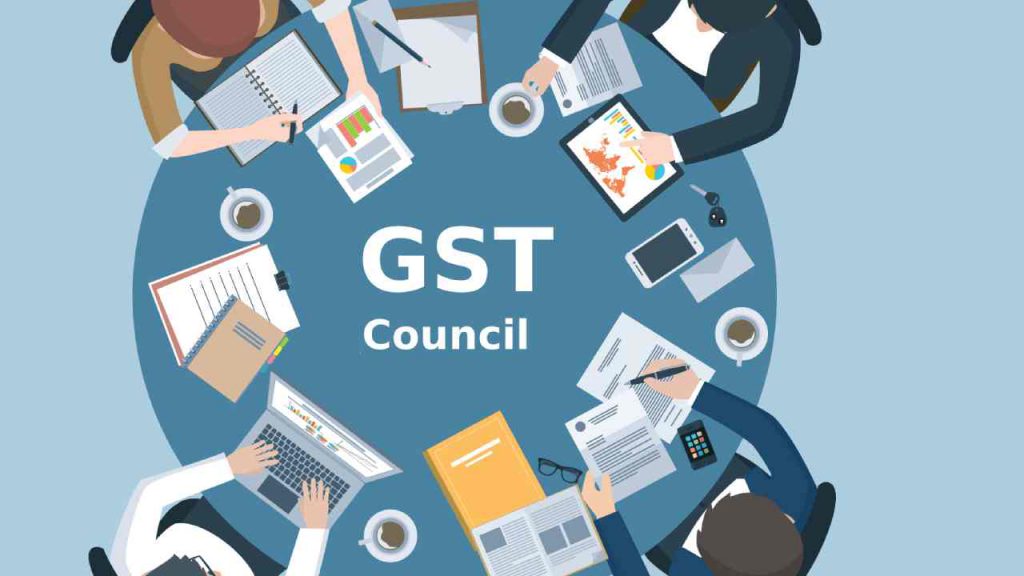GST Council Should Bring Petroleum Products Under GST
GST Council Should Bring Petroleum Products Under GST. The unbridled move of petrol and diesel will be stopped by GST, filling the treasury of governments with petroleum tax.
On Tuesday, on the rising price of petrol and diesel, Petroleum Minister Dharmendra Pradhan said that he is constantly requesting the GST Council to bring petroleum products under the purview of GST.
So that the common people can benefit from it. But this decision will have to be taken by the GST Council.
On Saturday, Finance Minister Nirmala Sitharaman said that to bring the retail price of petrol and diesel to a logical level, the Center and the state will have to sit down and develop the system.
Electoral states have given moderate relief by reducing tax on it. At the same time, the central government is being put in the dock by the opposition parties.
It is a matter of lakhs that if the Center and all the state governments want to bring it under the purview of GST, the price of petrol and diesel can be reduced by 30 percent in one stroke.
But this will have a major impact on the revenue of the Center and the state, which may reduce government spending. The big question is whether the central and state governments will agree to it.
It seems difficult to be so. However, this will be difficult when the impact of wildly rising prices will be seen on the economy.
While the collection of all types of tax was negative in the Corona period, the tax on petroleum was more than 40 percent. That is, the income earned from this had made a life for the governments.
Now if it is placed in the highest slab of GST at 28 percent and an additional five percent cess is also imposed, the tax will still be up to 33 percent.
In this competition, the Central and State Governments are charging a tax of about 65 percent on the retail price of petrol and diesel.
According to Finance Minister TS Singhdev of Chhattisgarh, the GST Act seeks to bring petrol and diesel under GST after five years. But the truth is that central and state governments are not ready to accept this.
Even in the previous meetings of GST, opposition from the opposition parties continued and BJP ruled states kept silent and refused.
However, in a changing political environment, when the number of opposition states is not large, it will depend on the political will of the Center how it is able to implement it.
Former Bihar finance minister Sushil Kumar Modi says that due to the Corona period, there is pressure on the revenue of both the Center and the state in the current financial year.
In such a situation, this is not the right time to bring petrol and diesel under GST. According to him, the states can only agree if they are compensated for the loss due to the GST regime of petrol and diesel, which is difficult now.
A small state like Chhattisgarh has also received Rs 2943.52 crore in the current financial year from VAT on petrol and diesel.
From this, it can be easily gauged how much the big states depend on the income from petrol and diesel tax for their revenue.
EY’s tax partner Abhishek Jain says that the excise duty and VAT on petrol and diesel is received by the Center and states directly from the companies.
In such a situation, after coming under the purview of GST, the Central Government will have to make immediate arrangements. Without that, it is difficult to bring it under the GST ambit.
This is mathematics.
Taxes account for about two-thirds of the retail prices of petrol and diesel. The excise duty of the center is Rs 32.98 per liter on petrol. While diesel is priced at Rs 31.83.
The average rate of VAT of states is 15-25 percent. In the present system, the Center also gives a part of its share to the states. In this case, roughly half of the share of the Center and the states.
According to the data, in the year 2014-15, the Center received Rs 1.72 lakh crore as excise duty from petrol and diesel which increased by 94 percent to Rs 3.34 lakh crore in the year 2019-20.
Similarly, states received Rs 1.60 lakh crore in the year 2014-15 in the form of VAT, which increased by 37 percent to Rs 2.21 lakh crore in the year 2019-20. In such a situation, GST can provide relief to the public but it is a burden for the governments.




